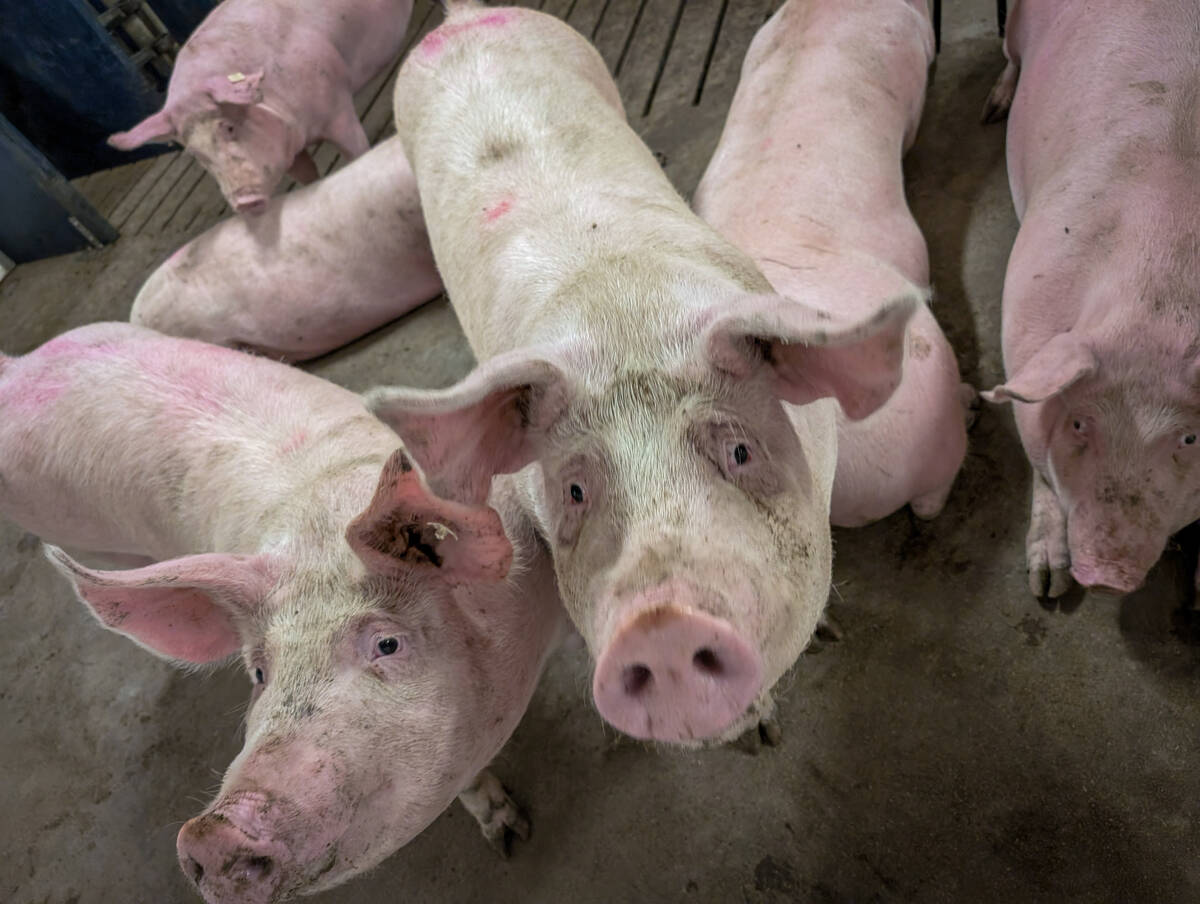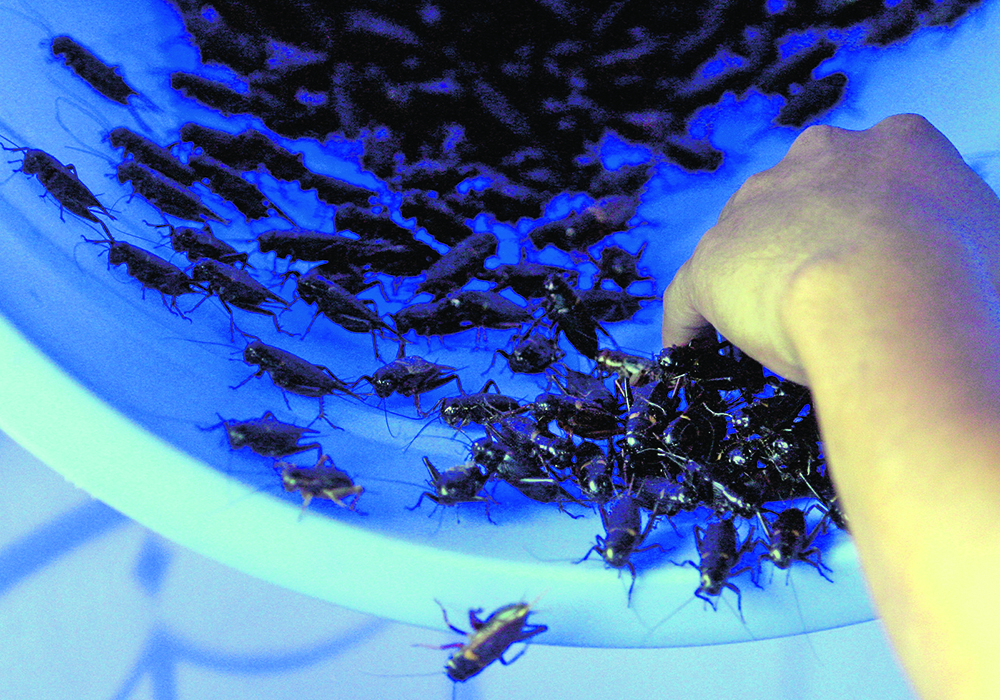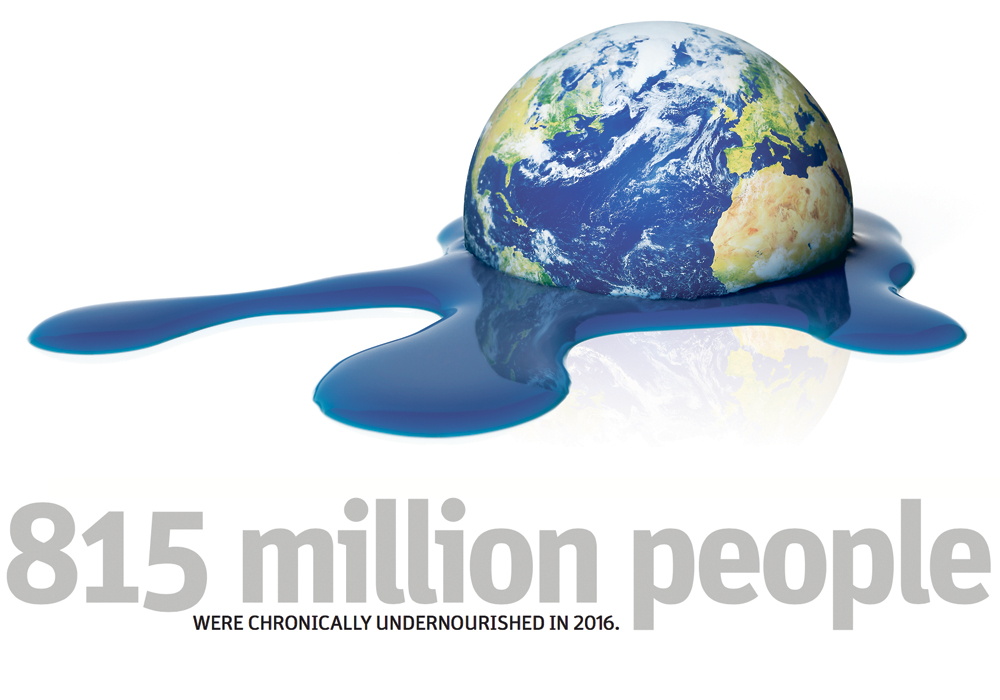The city state’s authority approved 16 insect species for human consumption including grubs and grasshoppers
SINGAPORE (Reuters) — At Singapore’s House of Seafood restaurant, the fish-head curry comes with a side of crunchy crickets, the tofu has bugs crawling out of it and the patrons can’t get enough.
The seaside restaurant is the first eatery to put insects on the menu after the city state’s stringent food authority approved for human consumption 16 species ranging from crickets to grasshoppers, grubs and mealworms after two years of deliberation.
Crickets and other insects have long been enjoyed as street food in Southeast Asia, but not in the wealthy financial hub, where food imports come with strict restrictions for safety and hygiene purposes.
Read Also

Pork sector targets sustainability
Manitoba Pork has a new guiding document, entitled Building a Sustainable Future, outlining its sustainability goals for the years to come.
Francis Ng, chief executive officer of House of Seafood, said customers love it when the dishes play up the insects, like that tofu dish he plated to look like bugs were crawling out of it, and a dish of glutinous rice balls studded with silkworms.
“It looks scarier so customers can film for their Tiktok,” said Ng, adding his phone has been ringing off the hook with customers eager to book a tasting.
The restaurant has drafted a menu with 30 dishes that feature insects, which it can sell to the general public once importers are approved by the food authority. For now, Ng is offering free samples.
In 2019, Singapore declared it was aiming to produce 30 per cent of its nutritional needs by 2030 instead of the current 90 per cent, and food security expert Paul Teng said insects could certainly help move toward this goal — if people got over “the yuck factor.”
“Most insects are almost all protein,” said Teng, who works at the Nanyang Technological University’s S. Rajaratnam School of International Studies.
Local production is needed to make the alternative protein source affordable, he added.
“Getting people to accept insects in their diet is a challenge, but really, it’s a normal food item. Let’s do something about it to prepare the consumer for it,” he said.
“Me personally, I have no problem eating insects.”
The United Nations has deemed bugs a sustainable source of protein to feed a global population estimated to swell to 9.7 billion by 2050. Global food security issues caused by extreme weather and conflicts have also increased interest in the high-quality, economical nutrition that bugs provide.
In Singapore, all insects approved for human consumption must be farmed in a controlled environment and not harvested from the wild, and cannot be fed contaminants such as manure or rotten food, according to the food agency.
As well, the UN’s Food and Agriculture Organization has been promoting farming of insects for human consumption and animal feed, and there has been local interest to import insects, but cost remains a barrier for now. Ng said insects make up 10 per cent of his costs at the House of Seafood, and they are all imported.
“The price is definitely higher than eggs,” he said.
It’s too early to tell if insects will become a feature of the Singapore diet or whether demand will fizzle out as it has for fake meat products.
But for now, some diners say they are happy to develop a taste for bugs.
“If they have a higher source of protein, why not? I’ll add it to my daily meal and daily food intake,” said Bregria Sim, a 23-year-old logistics executive, adding she would pay around US$30 for the novelty dishes.















